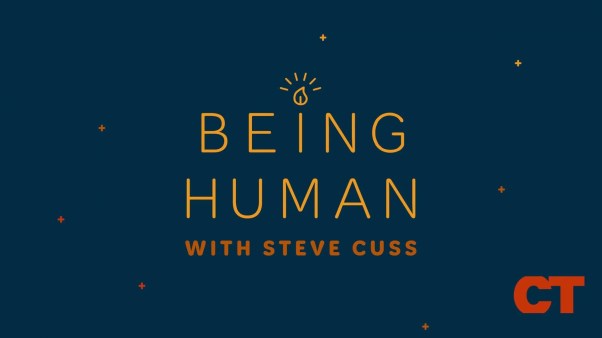The Eastern Orthodox have a word, prelest, a transliteration from Russian, where in common use means something like charm. In the Orthodox Church, however, prelest has a darker denotation. It’s a kind of spiritual delusion, the “wounding of human nature by falsehood,” using the phrase of the 19th-century Russian monk and theologian Ignatius Brianchaninov.
“All of us are subject to spiritual deception” in a general sense, Brianchaninov taught, when we do not have the truth of Christ (John 14:6). But prelest as spiritual delusion can have a narrower meaning, too: a more specific delusion in which we actively embrace falsehoods, including ones about our own spiritual state.
Orthodox teaching warns that the Devil, the “father of lies” (John 8:44), works to draw us into prelest. (The demons in C. S. Lewis’s Screwtape Letters practice exactly this, pushing their human subject toward delusion about himself, his politics, his church, and anything and everything else.) Also closely linked to prelest is the vice of vainglory, the disordered desire for the approval of others, especially when no such approval is merited. Prelest has us believe something not good is good.
The Devil can fool us into forgetting that our political opponents are beloved of God too.
Isn’t that an apt description of how our use of political media, especially social media, affects us? How it has us believing lies? How it deceives us about ourselves and our neighbors? How it invites us into vainglory and distracts us from tasks of loving God and others? How it degrades our attention spans, incites our fears, escalates our (not always righteous) angers, and pulls us into delusion? How it can fool us into forgetting that our political opponents are beloved of God too?
The “devil makes every effort to keep [us in our] former subjection,” Brianchaninov said, by using “his primordial and customary weapon—falsehood.” The sheer quantity of content available to us today, and the deep appeal of its habitual consumption, give the Devil’s quiver a constant supply of arrows.
I regularly run across comments from pastors who say, “I’m doing my best to disciple my congregation, but I just can’t compete with Facebook and Fox News. I get one hour a week, and media gets 20. If it’s Scripture and pulpit versus screen, the screen wins.” Whether Facebook and Fox News, Twitter and MSNBC, YouTube and One America News, or Instagram and CNN, each pair possesses the same deliberately immersive, habitual, and titillating design.
There’s data to back up these anecdotes in survey research from political scientist (and CT contributor) Ryan Burge. He’s found a significant and growing divide between American evangelical leaders “and the millions of white evangelicals who occupy pews on a typical Sunday morning all over the United States.” On some key political issues, as well as bigger-picture perspectives on how to engage in politics, Burge writes, “the views of those in the pews are out of step with those in the pulpit.”
Note that “those in the pews” are still in the pews. This isn’t about leaving the faith or skipping church to go browse Facebook. But the disproportionate amount of time accorded to each activity is enormously consequential. What we think and talk about shapes who we become (Matt. 15:10–11). Attention and conversation are integral to discipleship (2 Cor. 10:5). I am increasingly convinced the sheer availability of content (particularly political content designed to inflame our worst passions) may be the most unprecedented challenge in Christian discipleship today.
It’s certainly a challenge I see in my own life. I’ve never felt the appeal of cable news, but my entire job (and, during the COVID-19 pandemic, much of my social life) is screen-bound. I’ve broken my Facebook habit, but political Twitter use is an occupational hazard in journalism. And so I spend a lot of time thinking about schedule and priorities, where I’m according my attention and, with it, the often-unnoticed authority of spiritual and political formation.
Are Scripture and pulpit losing to screen in my own life? Is my soul being wounded by falsehood? Am I approving of and seeking approval for things that don’t deserve it? Is a digital, political prelest setting in? For all my efforts, the weekly screen time report on my iPhone is still too embarrassing to put in print. But naming prelest as a threat is a first step toward escaping it. Knowing the word helps us see the problem.
Bonnie Kristian is a columnist at Christianity Today.










